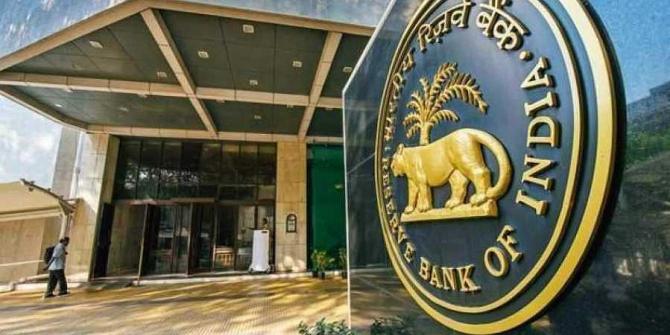The Reserve Bank of India (RBI) conducted two overnight variable rate reverse repo (VRRR) auctions on Tuesday, marking the first instance of such action in a single day.

The move aimed to reduce liquidity from the banking system, which has been largely in deficit mode for the past four months.
Market participants noted that the central bank held the second VRRR auction due to its awareness of funds being released to banks during the day.
The central bank is set to conduct another overnight VRRR auction of Rs 50,000 crore on Wednesday.
The first auction received tepid demand, with banks parking Rs 27,538 crore against a notified amount of Rs 75,000 crore.
However, the second auction saw good demand, as banks parked Rs 41,804 crore against the notified amount of Rs 50,000 crore.
Banks parked the funds at a weighted average rate of 6.49 per cent.
“The second auction was announced because the RBI must be aware that banks might be receiving funds during the day,” said a dealer at a state-owned bank.
The liquidity deficit in the banking system stood at Rs 1.21 trillion on Monday, according to data by RBI.
The liquidity deficit had widened to a record Rs 3.46 trillion on January 24 on the back of tax outflows.
Market participants expect the liquidity deficit to remain below Rs 1.5 trillion during the week.
“The liquidity might widen again once the tax outflows start from next week,” said a dealer at a private bank.
“The government is hoarding around Rs 4 trillion, which may be spent by the end of March.
"Until then, liquidity will remain like this,” he added.
The market was puzzled when the RBI announced the VRRR auction on Friday.
The central bank has been conducting VRRR auctions because overnight money market rates fell below the repo rate, currently standing at 6.5 per cent.
The central bank has continuously conducted VRR auctions since December 15 to infuse liquidity into the system.
“The market was expecting that they might announce some instrument for liquidity easing at the MPC; however, that speculation has faded.
"They seem comfortable with deficit liquidity in the system,” said a dealer at another state-owned bank.











